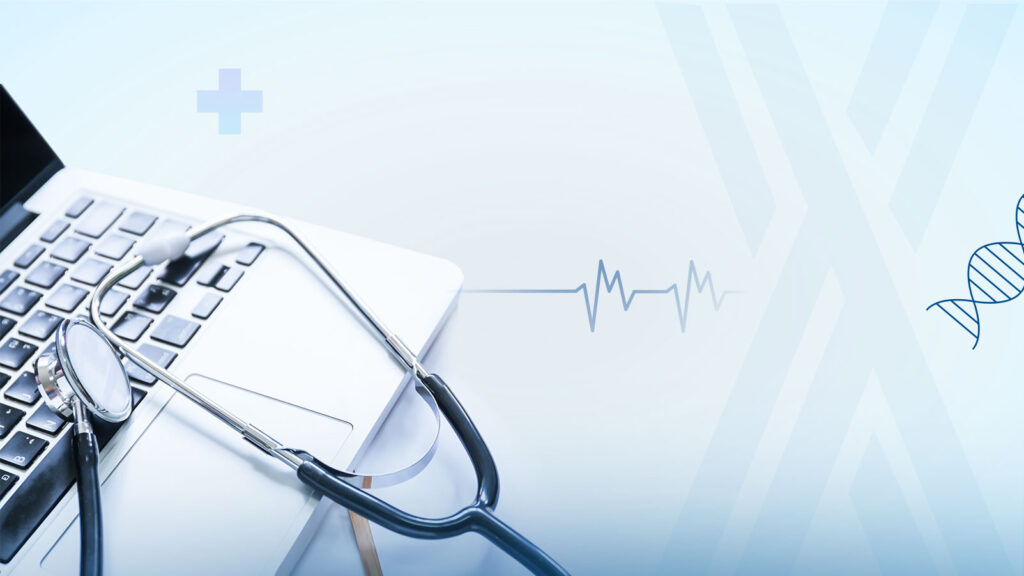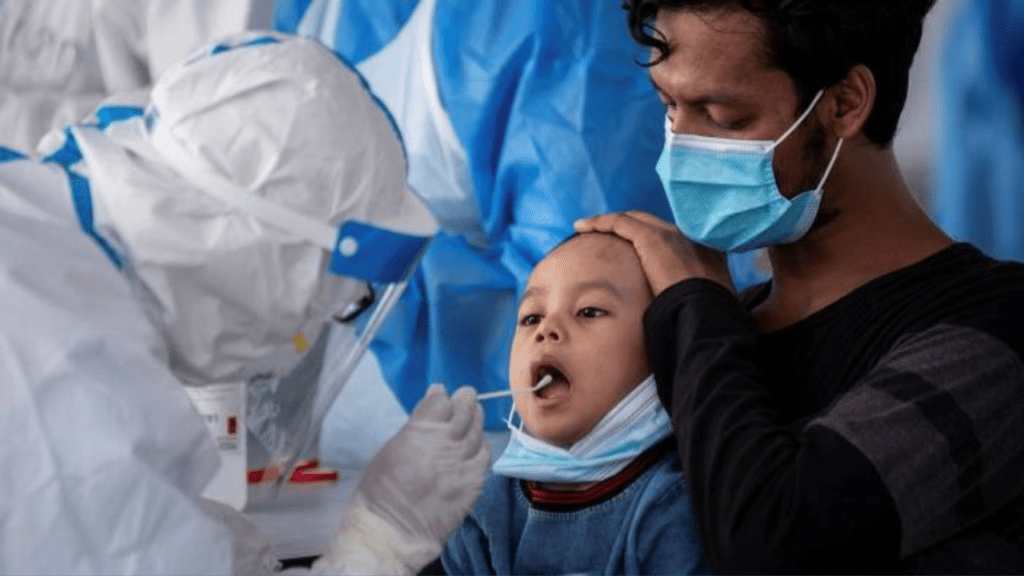
The Evolving Landscape: How RTSM Transforms Clinical Trials in Sub-Saharan Africa
In the ever-changing field of clinical trials, where efficient data collection and seamless logistics are paramount, the need for robust Randomization & Trial Supply Management (RTSM) systems has never been greater. This is particularly true in Sub-Saharan Africa, where unique challenges like resource constraints and complex trial environments necessitate innovative solutions.
For clinical trial professionals, medical students, and researchers in Sub-Saharan Africa, navigating the complexities of trial execution can be daunting. Ensuring ethical randomization, maintaining accurate inventory, and guaranteeing patient safety are just some of the hurdles that can derail even the most well-designed studies.
This is where RTSM systems emerge as game-changers. These integrated platforms automate key trial processes, from patient randomization to drug dispensing and reconciliation, streamlining workflows and minimizing human error.
Evolution of RTSM in Sub-Saharan Africa:
Traditionally, clinical trials in the region relied on paper-based systems, which were prone to errors and inefficiencies. However, the past decade has witnessed a surge in the adoption of electronic RTSM systems. These cutting-edge platforms offer a plethora of benefits, including:
- Enhanced data integrity: Electronic data capture eliminates transcription errors and ensures real-time data availability for informed decision-making.
- Improved randomization: Automated randomization algorithms guarantee allocation fairness and minimize selection bias.
- Streamlined trial supply management: Real-time inventory tracking and intelligent forecasting prevent stockouts and ensure patient access to essential medication.
- Enhanced patient safety: Drug accountability features and adverse event reporting modules safeguard patient well-being.
Examples of RTSM Systems and their Features:
- Medidata RTSM: This industry-leading platform offers comprehensive randomization, supply management, and data collection functionalities. Its customizable dashboards and reporting tools provide real-time insights into trial progress.
- ClinForce RTSM: This user-friendly system caters specifically to the needs of resource-constrained settings in Sub-Saharan Africa. Its intuitive interface and offline functionality make it ideal for remote trial sites.
Case Studies Highlighting the Benefits of RTSM:
Reducing Medication Errors and Improving Patient Recruitment in Nigeria:
A 2022 study published in the Journal of Clinical Research and Biostatistics (JCRB) evaluated the impact of implementing an RTSM system in a multi-site malaria vaccine trial in Nigeria. The study found that, compared to the paper-based system previously used, the RTSM system reduced medication errors by 73%. This was attributed to the system’s automated drug dispensing and reconciliation features, which minimized the risk of manual errors during medication administration. Increased patient recruitment by 28%: The streamlined randomization process and real-time inventory tracking enabled the study team to identify and address potential recruitment bottlenecks more effectively.
Optimizing Inventory Management and Preventing Stockouts in Ghana:
A 2021 case study presented at the African Network for Clinical Trials (ANCT) conference detailed the successful implementation of an RTSM system in a large-scale HIV prevention trial in Ghana. The system’s real-time inventory tracking and intelligent forecasting capabilities helped address the following challenges:
- Reduced stockouts by 85%: The system predicted medication needs based on patient enrollment and treatment schedules, ensuring essential drugs were readily available at all trial sites.
- Improved data accuracy and timeliness: Electronic data capture eliminated transcription errors and facilitated real-time reporting, enabling faster decision-making for inventory management.
Enhancing Patient Safety and Regulatory Compliance in Kenya:
A 2020 report published by the World Health Organization (WHO) highlighted the successful implementation of an RTSM system in a Phase III tuberculosis treatment trial in Kenya. The system’s key benefits included:
- Improved adverse event reporting: The system provided a centralized platform for reporting and tracking adverse events, allowing for prompt intervention and regulatory compliance.
- Enhanced patient safety monitoring: Real-time data on patient medication adherence and potential side effects facilitated early identification of safety concerns and timely adjustments to the trial protocol.
These case studies demonstrate the diverse benefits of RTSM systems in improving clinical trial efficiency, data integrity, and patient safety across Sub-Saharan Africa. By implementing these innovative technologies, researchers can contribute to a more robust and ethical clinical trial landscape in the region.
Conclusion
The rise of RTSM systems marks a new era in clinical trial conduct in Sub-Saharan Africa. By embracing these innovative technologies, researchers can ensure data integrity, optimize trial logistics, and ultimately improve patient safety and well-being. As the region continues to contribute significantly to global clinical research, RTSM will undoubtedly play a pivotal role in shaping the future of healthcare in Africa.


